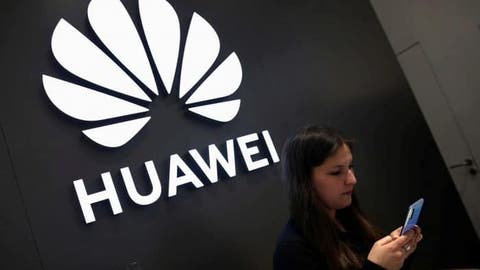Over the past year, the US government has been trying to undermine Huawei’s ability to sell its fifth-generation or 5G technology. However, despite their campaign, Huawei’s revenue increased by more than 19% last year. This is obviously not the expectation of the U.S and it is now taking more drastic measures against Huawei.
Last Friday, the US Department of Commerce announced plans to revise the “Foreign Direct Product Rule”, which believes that when products are manufactured outside the United States but uses U.S. technology, they are U.S. “direct products” and are therefore subject to U.S. jurisdiction for export Regulations.
According to the rule change, Huawei will no longer be able to purchase chips from Taiwan’s TSMC. TSMC uses equipment from American companies like Applied Materials and Teradyne to manufacture chips for Huawei. In order to continue cooperation with Huawei, TSMC needs to seek permission from the US government. However, we all know that it will not get approval.
This is very bad for Huawei, but it will also cause a major blow to American companies. Last month, nine American Trade Associations wrote to Secretary of Commerce, Wilbur Ross, that the move would damage “the semiconductor industry, its global supply chain, and the broader technology sector.”
SEMI kicks against the U.S. decision on Huawei
According to SEMI (an association representing the semiconductor and electronics manufacturing supply chain), the US companies export $20 billion in chip manufacturing equipment each year. This plan against Huawei will “suppress the pace of further investment and innovation”. SEMI also noted that this move will encourage technology companies around the world to find alternatives to American components.
Furthermore, changes to foreign direct product rules will trigger a significant loss of revenue for US companies. In March, an independent report by the Boston Consulting Group stated that “a strong semiconductor industry is critical to the global competitiveness and national security of the United States”. It predicts that if the United States continues to comply with current restrictions in the next three to five years, revenues from US companies will fall by 16%. If the US completely prohibits chip makers from selling to Chinese customers, revenues will fall by 37%.
Such a huge loss will force US companies to cut R & D expenditure and capital expenditure. This will therefore reduce the U.S.’s ability to innovate. According to BCG estimates, this loss will also force the company to cut 15,000 to 40,000 highly skilled direct jobs in the US semiconductor industry.
The US decision on Huawei may force chipmakers to make a hard decision
In the long run, US regulations may force chipmakers around the world to make choices. The first option will be to cut off all business links with Chinese technology companies. However, another option will be to stop using US equipment to make chips.
In view of the growth of China’s technology industry, chip manufacturers will most likely choose the latter. This will put American technology companies on a standstill. It will also undermine the global technology ecosystem, and potentially undermine the US leadership in the semiconductor industry. In summary, the U.S. may be shooting itself in the foot in the long run.

Diversity is the key. Consumer tech should NEVER be used as a weapon. Bring on Non-US and Non-US allied alternatives. I don’t care where, but we need an alternative viable ecosystem which is free or freer from politics. US is supposedly the land of the free… but all this shows is that its all rubbish and do not practice what they supposedly represent.